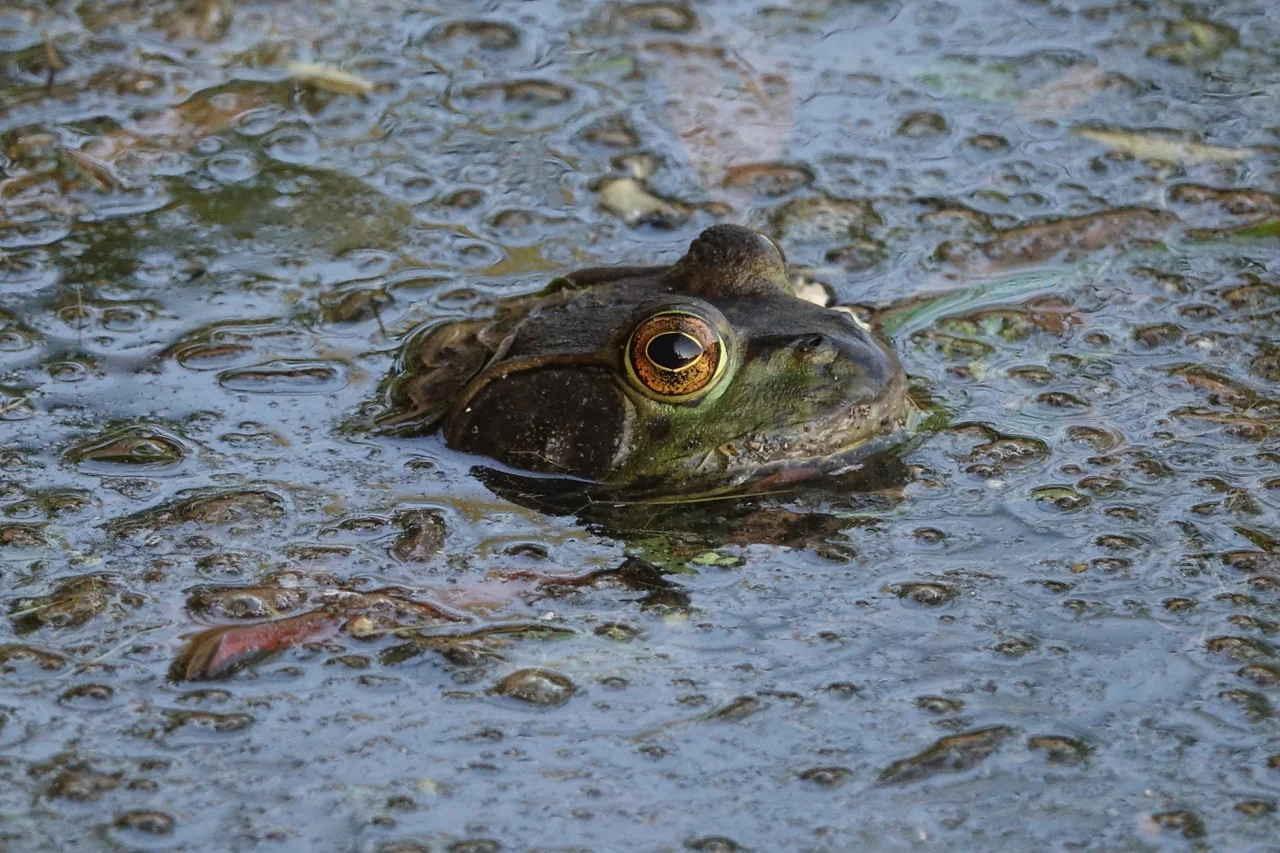Photo credit: Korby Sinclair
One Simple Step Everyone Can Take Right Now
The Hidden Key to Success in the Environmental Movement
By Charles Cresson Wood
We think about, or at least the mass media directs our attention to, many terrible things that are happening “out there in the world.” The list is a long one including climate change, toxic pesticides, top soil erosion, species extinction, and overpopulation. The fact is that the key to success in the environmental movement is “in here,” and by that phrase, I mean inside our heads, hearts, feelings, thoughts, and souls. All the scary facts about what’s happening out there in the world are symptoms of an inner sickness inside us, a sickness that desperately and urgently needs to be healed.
At this point in time, with all the scientifically-demonstrated and well-documented information we have, we know that we are in the midst of a profound and pervasive environmental crisis. Only an industrialist member of the elite class, who might be threatened with a reduction in profits, would deny it. So, if the scientific information describing this crisis we are in is both well-documented and widely available, and nearly all of us will admit that the information is compelling, why are we still not making major changes? Even when we admit that not making these major changes is destructive and ill-advised, still we do not undertake these major changes – but why?
This is because we are conflicted inside, we are not aligned with undertaking these major changes, nor are we aligned with doing all that is now called for by the crisis. We worry that we might lose our job, we worry that we might be adversely judged by our neighbors, we worry that our spouse would object to the reduction in our standard of living, etc. There are many conflicting objectives that create a “no” internally, a block to moving ahead immediately with these very important major changes. Accordingly, the facts are not enough, we need to change the attitude and consciousness of people. When we change ourselves, when we accomplish the shift in viewpoint and priorities that is now called for, then the necessary environmental changes will naturally soon come about.
But how would we go about changing ourselves? Doesn’t that present a daunting task? Actually, this effort is not a daunting task, but fear of it being that way is an often-encountered excuse, an excuse not to even try making these changes. On a fundamental level, we don’t want to change. We might look wrong, or bad, or stupid, or childish, or irresponsible, or negligent, or perhaps cruel. The environmental crisis is telling us, in very painful ways, that we’ve got to look at what’s going on inside ourselves, specifically what part of us still says “no” to making the major changes that are now required.
For example, maybe we must now stop driving our car or truck, in a regular long commute, so as to reduce our CO2 emissions. We might even like having more free time, might even like working from home and telecommuting, might even like being able to get to know the neighbors living around our residence, and might even appreciate getting more exercise instead of sitting in our car or truck so much. Maybe we have blown this and other changes up into something big and difficult, when it is not all that big and difficult. Maybe making this and other changes is in fact good and right, for not just for other beings and the environment, but also good and right for us. We will only know if we examine what is inside ourselves, instead of repeatedly skipping over it, repeatedly denying it, and repeatedly downplaying it.
When we look into our inner worlds, we must embrace the truth of what is there, and we must examine why we do not want to change in response to the new truth. Often there are unconscious reasons that aren’t even rational that keep us back. But unless we bring those forward, and challenge them with the light of truth and reason, they will stay as they are -- still a “no.” When we look into ourselves we will unearth things that we couldn’t imagine were there, like a selfish part that doesn’t want to do things for others, only for ourselves. We must challenge those “no-saying” parts, and evolve them as well, so that we not only consider and care for others, but so that we consider and care for others who will be born in the future.
When we look inside ourselves, when we examine who we have been being, then we can clear away all these “nos” that have stood between us and our inner guidance. Our inner guidance will clearly show us the way forward, and the changes that we now need to make. We need to honor our inner guidance as our deeper truth, and stop elevating money to the position of our de-facto God. Through this approach we will find and align with a different set of values than the values that the advertisers would have us adopt (materialism, separation, pride, etc.). Through this inner guidance, through this inner alignment of intention, we will find both the courage and the commitment to move ahead with the major changes that must now be undertaken.


